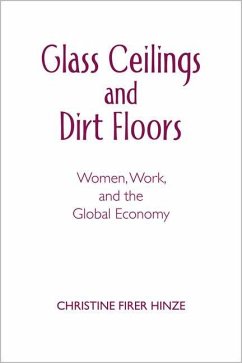Today's market economy depends upon, yet undervalues, the essential contributions of households to the care work that makes all other work possible. As designated tenders of the care economy, women take daily, costly responsibility for a fundamental fact that mainstream economics underplays or conceals: market economy depends continuously on another economy, wherein our embodied vulnerabilities are respected and addressed by way of caring labor and relationships. Catholic and feminist social thought can illuminate these issues by starting from opposite ends of the usual analytic telescopes, approaching globalized markets from the perspective of the nonmarket work and sustaining activities that take place every day in households and local communities. This ground-level point of view reveals an urgent need to reorient currently dominant ways of perceiving and organizing economic life that are inefficient for sustaining either flourishing households or a flourishing "world house." In this compelling exposé on the (in)justice of women's work, Christine Firer Hinze argues for reprioritizing the holistic understanding of economy as oikonomia--literally, the management of a household in order to sustainably provide for all members--assumed in traditional, classical, and contemporary political economics. This oikos-focused paradigm addresses global work-family struggles at their roots by shifting the axis of our economic imaginations, values, and policy making from a marketized-competitive model to one that prioritizes economy's inclusive, provisioning purposes. +
Hinweis: Dieser Artikel kann nur an eine deutsche Lieferadresse ausgeliefert werden.
Hinweis: Dieser Artikel kann nur an eine deutsche Lieferadresse ausgeliefert werden.








